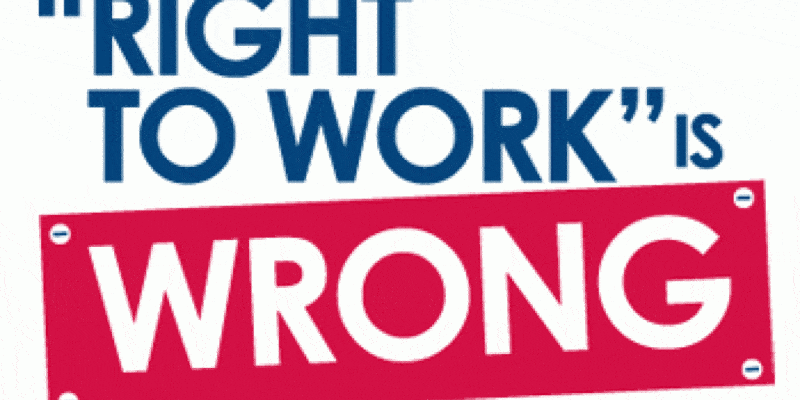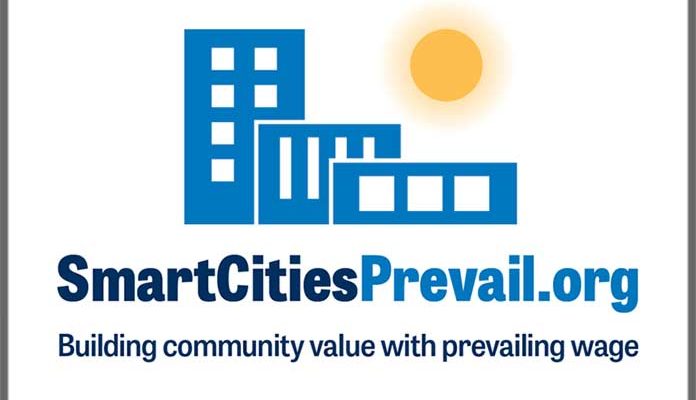POSTED ON JULY 1, 2018
Gary Frueh – Guest Columnist
There is a lot of discussion lately on prevailing wage. It is important to understand more about prevailing wage. Wages are set for areas according to living standards. You wouldn’t want to pay construction wages based on New York City or Los Angeles in Lima, Ohio. Many different entities do this, including health care providers. It just sets wages prevalent to an area.
Does prevailing wage, tend to raise wages some? It sets standards for an area. Training programs that assure work being done is both accurate and efficient under prevailing wage. Otherwise, it becomes an item to undercut the bidding process.
Let’s get to the heart of the issue. To say work done is better or worse under prevailing wage needs background.
A past study out of the University of Utah prepared for the Kansas State Senate Labor and Industries Committee stated these facts when prevailing wage was removed in Kansas:
* Wage incomes in Kansas construction fell 10%. Employer pension and health insurance contributions fell 17%
* Construction workers covered by collective bargaining in Kansas received health insurance and employer contributions, only 10% of workers in open shop received pension and only 4% received health insurance from their employer.
* Apprenticeship training in Kansas construction fell 38% after repel. Minority apprenticeships fell by 54%.
* Serious injury rates in Kansas construction rose by 21%
* The projected gain from repel a 6% to 17 % savings on state construction costs failed to materialize.
…
Why does prevailing wage make sense. It establishes a wage scale that is harder to manipulate and consistent with living costs of an area. Think of it this way. All our State Legislators are paid a specific wage. While the cost of living in Cleveland is much higher than Lima the legislator is paid the same. The taxpayer is bearing the burden of paying one too much or one not enough. In any case a prevailing wage scenario might fit their circumstance very well.
There are good reasons to keep prevailing wage laws in protecting the consumer, taxpayers and the communities from bearing the burden of increasing taxes on its residents to make up for losses incurred as past factual studies on prevailing wage have shown.










